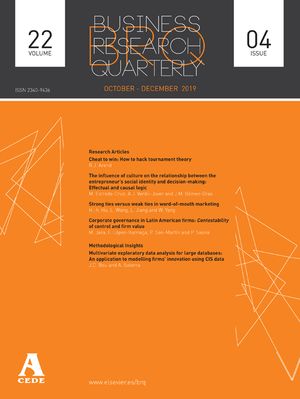Este trabajo se centra en analizar los factores económicos que condicionan la elección de un canal de distribución concreto por parte del consumidor. Con tal fin, se recurre a la Teoría de la Agencia, cuyos presupuestos resultan de gran utilidad para comprender la influencia en este proceso de problemas tales como las asimetrías de información o el oportunismo. Concretamente, el estudio considera el proceso de reserva de un servicio turístico con unas características muy particulares como es una pernoctación hotelera. El análisis de una muestra de 1.029 turistas que habían realizado su reserva bien a través de Internet o bien a través de otros canales tradicionales ha revelado interesantes conclusiones: (1) las principales fuentes de incertidumbre en las etapas previas a la elección del canal de compra vienen determinadas por la falta de confianza hacia Internet; (2) las señales emitidas por las empresas para mitigar las asimetrías de información contribuyen a fomentar la confianza hacia la empresa seleccionada; y (3) la confianza hacia la empresa elegid
This work focuses on analyzing the economic factors that influence the consumer's distribution channel choice. With this aim, we use the Agency Theory in order to understand the influence of related problems such as information asymmetries and opportunism. All of this is taken into account to examine the booking process of a particular tourism service: a hotel overnight. The analysis of a sample of 1,029 tourists who had made their booking either through Internet or through traditional channels has revealed interesting findings: (1) the main sources of uncertainty in the phases prior to the purchase choice are determined by the lack of trust towards the Internet, (2) signals emitted by firms to mitigate information asymmetries contribute to build trust towards the company chosen, and (3) trust towards selected firms shows how the buyer makes the reservation through the channel with the lowest perceived risk.




